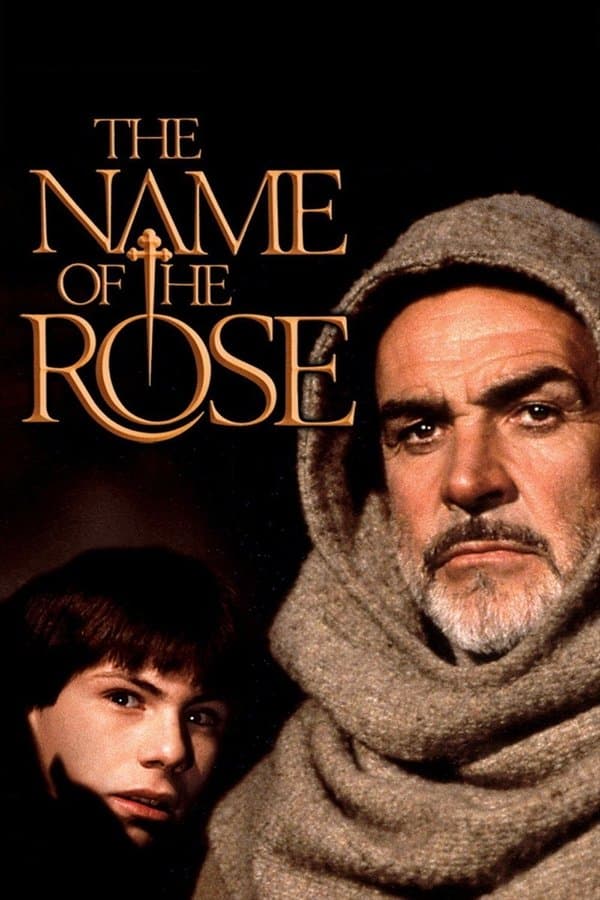
The Name of the Rose
1986 • Drama, Mystery, Thriller • R
14th-century Franciscan monk William of Baskerville and his young novice arrive at a conference to find that several monks have been murdered under mysterious circumstances. To solve the crimes, William must rise up against the Church's authority and fight the shadowy conspiracy of monastery monks using only his intelligence; which is considerable.
Runtime: 2h 10m
Why you should read the novel
Dive into 'The Name of the Rose' by Umberto Eco to experience a richly layered tale that merges medieval history with an intricate murder mystery. The novel invites readers into a labyrinth of theological debate, philosophical riddles, and intellectual quests, offering much more than cinematic thrills. Its detailed world-building and profound exploration of knowledge, faith, and power are best appreciated on the page, where Eco’s narrative genius unfolds in full depth.
Appreciate the complexity of characters and motives that the film cannot wholly capture. Eco’s text delves into the minds and emotions of William of Baskerville and Adso, revealing nuanced motivations and inner conflicts. The densely woven intellectual atmosphere lures readers into a true medieval detective story, with an authenticity and slow-burn suspense seldom possible in film.
Reading the novel also means engaging with Eco’s sophisticated literary style—his clever allusions, subtle humor, and reflections on semiotics and textual interpretation. These layers reward attentive readers, challenging you to question not only who committed the crime, but also how truth and knowledge are constructed and controlled.
Adaptation differences
The film trims much of the novel’s philosophical and theological discourse to focus on suspense and the murder plot. While the movie succeeds as a thriller, it loses the elaborate intellectual debates and historical references that are central to the book’s identity. This alteration results in a more streamlined but less thought-provoking narrative.
Characterization is another major area of difference. In Umberto Eco’s novel, William of Baskerville is a complex, sometimes ironic figure, whose reasoning is frequently layered with scholarly musings and subtle humor. The movie, though brilliantly acted, simplifies William, making him more of a traditional detective and less a vessel for Eco’s philosophical inquiries.
The role of Adso, the narrator, is more richly developed in the book. As readers, we follow his coming-of-age journey, internal dilemmas, and reflections, which are mostly absent or minimalized in the film. His relationship with the mysterious girl also carries greater emotional and symbolic weight in the novel, exploring themes of innocence, desire, and religious dogma.
Another critical difference lies in the ending and the tone. The movie opts for a more straightforward resolution and closure, while Eco’s book concludes with ambiguity and deeper existential questioning. The text lingers on the ruins of lost knowledge and the cyclical nature of history, inviting readers to ponder the lasting implications far beyond the final scene depicted on screen.
The Name of the Rose inspired from
The Name of the Rose
by Umberto Eco










